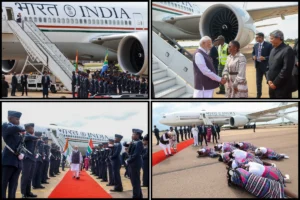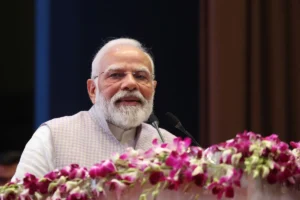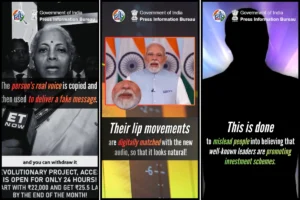
Chief Minister Arvind Kejriwal
A Delhi court has decided to prolong the judicial custody of Chief Minister Arvind Kejriwal until May 20 in connection with the money laundering case related to the now-defunct excise policy. Kejriwal, along with co-accused Chanpreet Singh, appeared before the court via video conferencing as their previous custody period expired.
Special Judge Kaveri Baweja, handling cases for both the CBI and ED, also extended Chanpreet Singh’s judicial custody until May 20. This decision coincided with the Supreme Court hearing on Kejriwal’s challenge to his arrest by the Enforcement Directorate in the liquor policy case. Justices Sanjiv Khanna and Dipankar Datta, presiding over the hearing, hinted at considering interim bail for Kejriwal, acknowledging the extraordinary circumstances amidst the ongoing Lok Sabha elections.
Solicitor General Tushar Mehta, representing the ED, raised objections in the Supreme Court, questioning the special treatment given to a chief minister over ordinary citizens. He emphasized the need for consistency in treatment, regardless of one’s position, to maintain fairness.
Also read: Supreme Court Ruling: Police Officers Face Action for Revealing Names in History Sheets
The Supreme Court, during the proceedings, indicated that if interim bail were granted to Kejriwal, it would be contingent upon him refraining from official duties to avoid potential conflicts of interest. The court emphasized that it wouldn’t entertain any interference in the government’s functioning, especially during elections.
Arvind Kejriwal was arrested by the country’s financial crime-fighting agency on March 21 in connection with corruption allegations related to Delhi’s liquor policy, which his party has vehemently denied. Currently held in judicial custody at Tihar jail, his legal battles continue amidst the political landscape.
To read more such news, download Bharat Express news apps





















